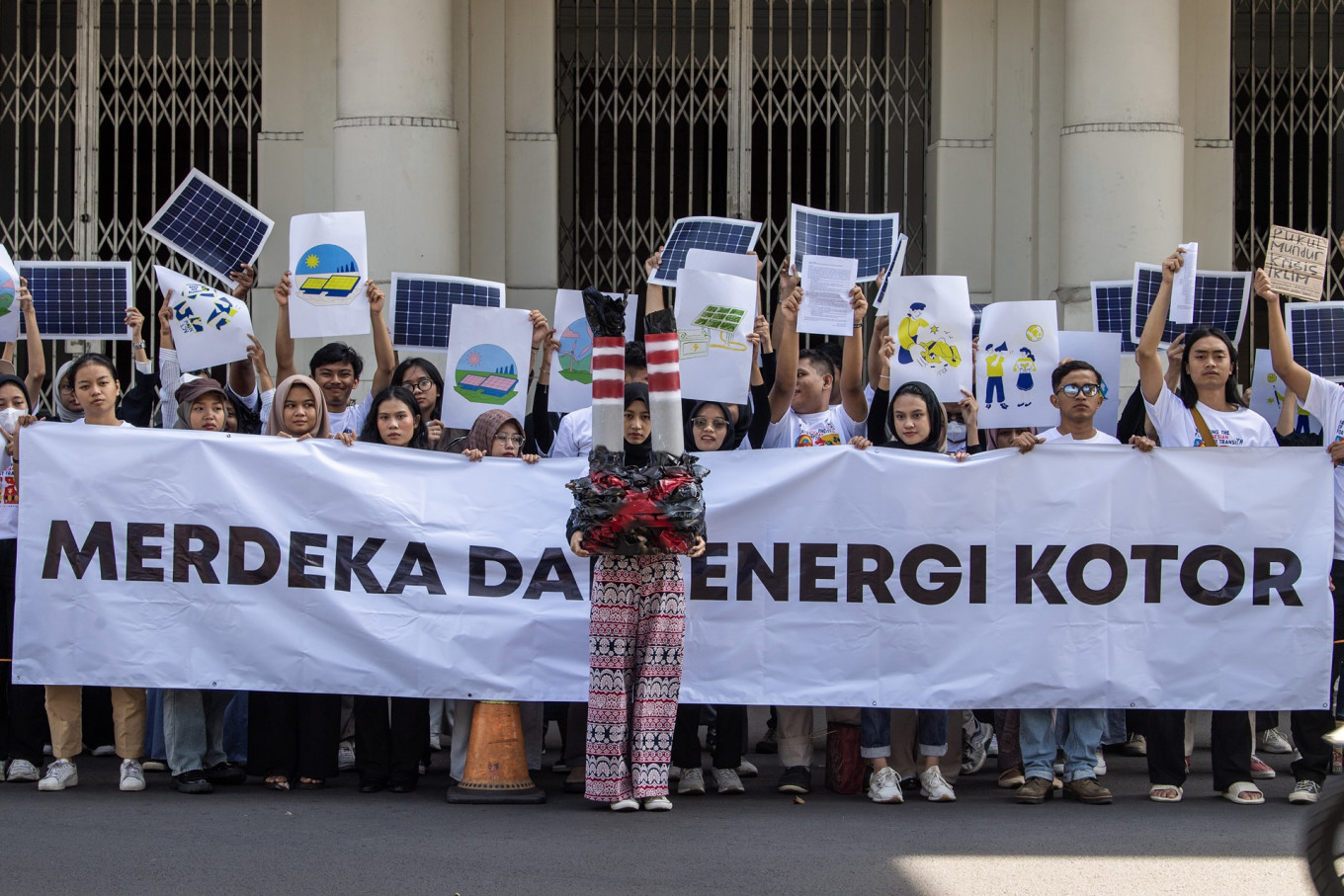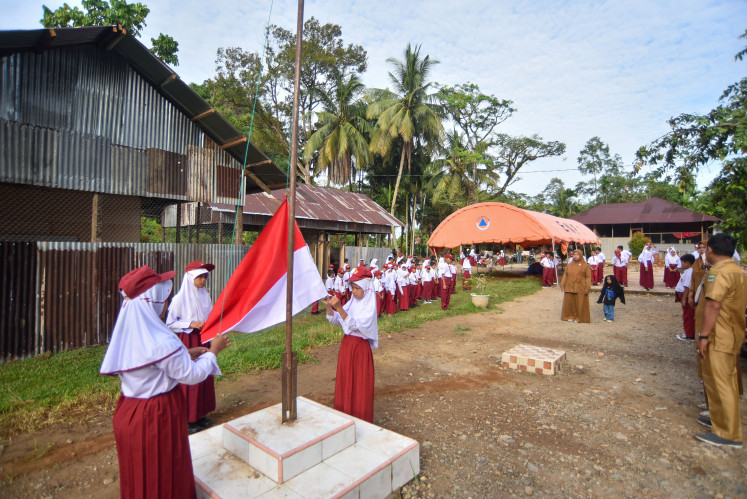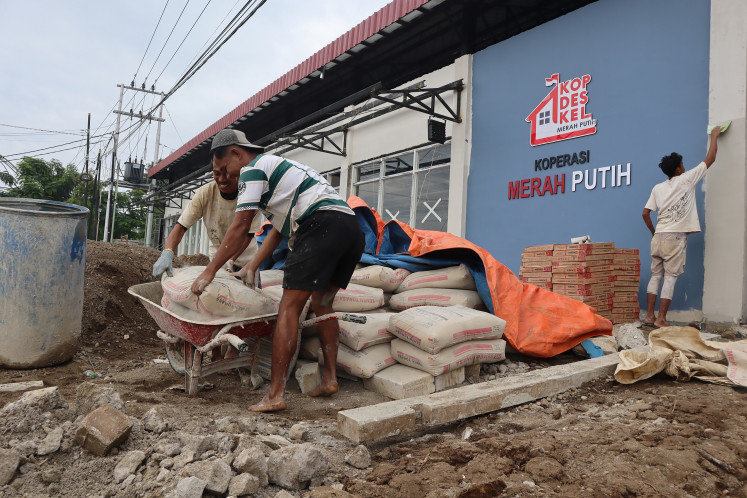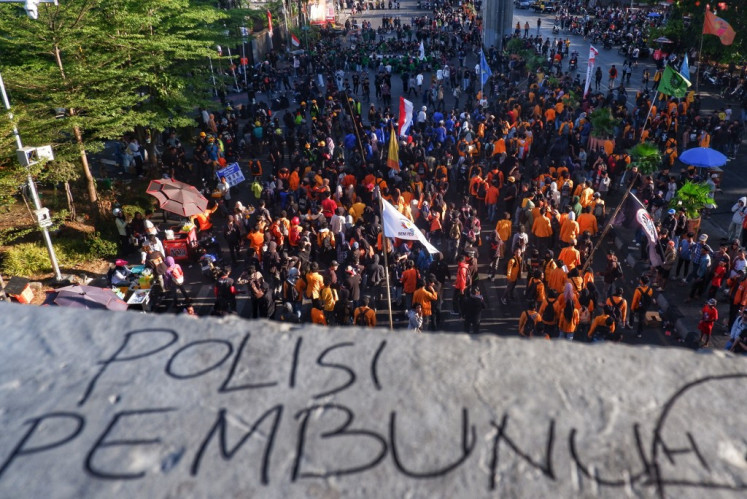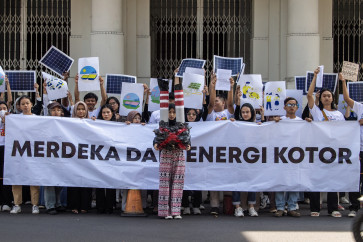Popular Reads
Top Results
Can't find what you're looking for?
View all search resultsPopular Reads
Top Results
Can't find what you're looking for?
View all search resultsPutting a face to the country’s emissions reduction plan
The government needs to apply the more holistic approach of landscape resilience in formulating Indonesia's climate commitments to achieve climate justice for all.
Change text size
Gift Premium Articles
to Anyone
T
he government is set to submit this month its second climate commitment, or the Second Nationally Determined Contribution (SNDC), to the United Nations Framework Convention on Climate Change (UNFCCC).
Unfortunately, the NDC documents produced by the government thus far seem cold, faceless and mere emissions calculations. Climate policy should place vulnerable groups as actors, contributors, implementers and primary beneficiaries.
Indonesia has submitted its climate commitment documents three times, namely the Intended NDC (INDC) in 2015, which was later determined to be the First NDC in 2016, the Updated NDC (UNDC) 2021 and the Enhanced NDC (ENDC) 2022. These documents outline Indonesia's contribution to achieving the goals of the Paris Agreement in order to overcome the climate crisis that threatens the fate of the Earth and humanity.
However, Indonesia's NDCs so far have not explicitly stated a commitment to climate justice. There is no impression of putting a human face on climate change.
In climate justice, vulnerable groups must be the subjects of climate policy. Climate justice recognizes that societies are made up of diverse groups with different needs, desires and adaptive capacities (recognitive justice). It also considers how the impacts of climate change, climate change mitigation and adaptation, both negative and positive, are distributed across society (distributive justice).
Climate justice refers to fair processes in climate change mitigation and adaptation. Decision-making processes are considered fair when they are transparent, accountable and take into account diverse voices, values and perspectives (procedural justice).
Climate justice also refers to the restoration of people’s rights due to historical environmental degradation, losses due to specific climate actions, as well as loss and damage that highlights permanent losses and damages due to climate change impacts that are most felt by vulnerable groups (restorative justice).

